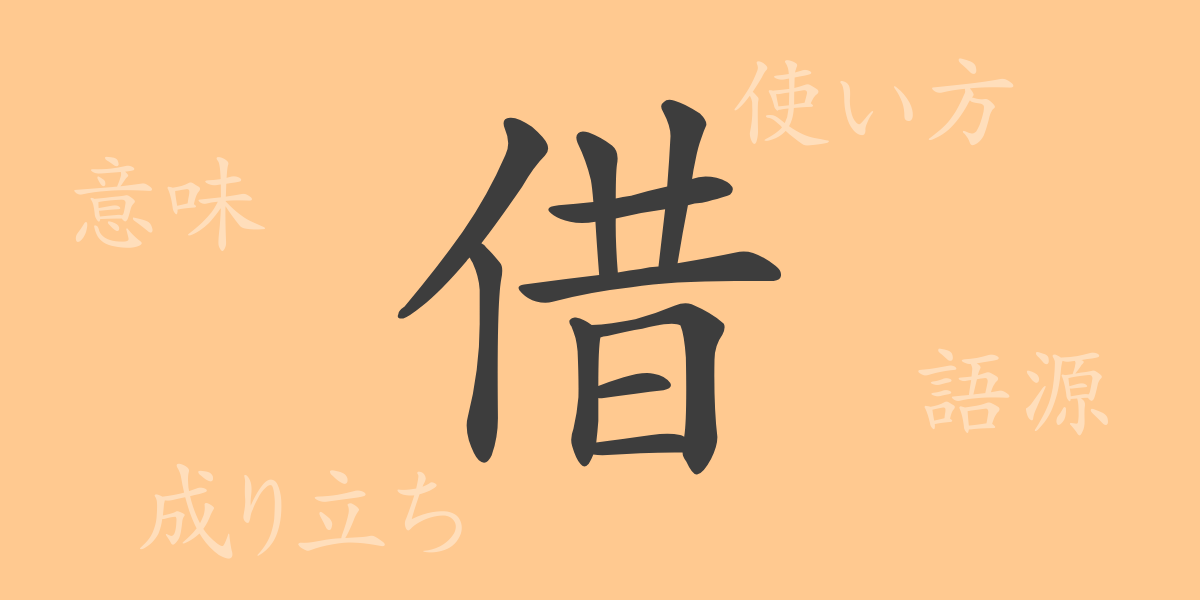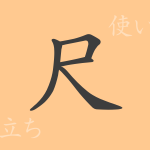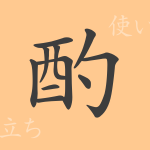Kanji are symbols that tell a rich history and culture through their shapes. One of the frequently used kanji in Japanese, “借(かりる),” represents a concept deeply rooted in our daily lives. In this article, we will delve into the meaning, origin, readings, and idiomatic expressions of the kanji “借(かりる).”
Origin of 借(かりる) (Etymology)
The kanji “借(かりる)” originated in ancient China, symbolizing “a person relying on something.” It originally derived from a pictographic character meaning “relying on,” and came to mean “temporarily receiving something from others.” Over time, this character became widely used across East Asian cultures to denote the basic act of borrowing.
Meanings and Uses of 借(かりる)
The primary meaning of “借(かりる)” is “to be allowed to use someone else’s property temporarily.” This can refer to money, goods, places, and more. Its usage includes “借(か)りる,” “借金(しゃっきん)” (borrowing money), and “借用(しゃくよう)” (borrowing), each applied in different contexts but sharing the core concept of temporary use.
Readings, Stroke Count, and Radical of 借(かりる)
The kanji “借(かりる)” is notable not only for its broad meanings and uses but also for its writing.
- Readings: The on’yomi (音読み) is “シャク,” and the kun’yomi (訓読み) is “か(りる).”
- Stroke count: “借(かりる)” has a total of 10 strokes.
- Radical: The radical is “人(ひと・にんべん)” which relates to people.
Idioms, Phrases, and Proverbs Using 借(かりる)
There are numerous idioms, phrases, and proverbs in Japanese that use the kanji “借(かりる).” For example, “借金(しゃっきん)” refers to borrowing money, “借家(しゃくや)” means renting someone else’s house, and “借(か)りてきた猫(ねこ)” is an idiom describing someone who is unusually quiet and well-behaved due to nervousness or fear. The proverb “借(か)りの布団(ふとん)で寝(ね)るは一晩(ひとばん)” means that the benefits received from others are temporary.
Conclusion on 借(かりる)
The kanji “借(かりる)” represents a concept deeply connected to our lives, with a wide range of uses from its origin to modern-day applications, idioms, and proverbs. Borrowing is a fundamental aspect of human relationships, reflecting mutual dependence, and the character “借(かりる)” symbolizes this complexity and social nature.

























